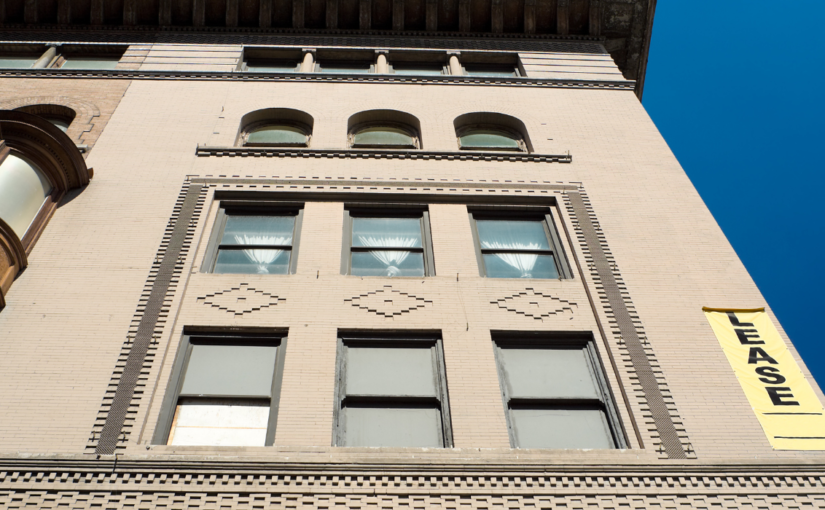back
Lease Renewals in the Post-Pandemic World: What’s Changed?
03-2023

The world has been significantly impacted by the COVID-19 pandemic. Technology has altered how we think, behave, and communicate with one another. The commercial real estate industry is one of the industries where the epidemic has had a big impact. The once-routine procedure of renewing a lease has evolved into one that is more difficult and complex in the post-pandemic era. This blog post will discuss how lease renewals have altered and how tenants and landlords can get around this new environment.
The Rise of Remote Work
The increase of remote work is among the most significant changes resulting from the pandemic. In order to keep their staff members secure and productive throughout the pandemic, many companies have used remote work. Because of this, a lot of offices have stayed vacant, which has decreased demand for commercial real estate.
The renewal of leases has been directly impacted by this. It’s possible that tenants who once required a huge office space to fit all of their employees no longer do so. Tenants may try to decrease their space or bargain a cheaper rent as a result, which might lead to discussions about lease extensions.
On the other hand, landlords might be reluctant to reduce their rental rates. They can contend that regardless of whether the space is utilized, their expenses—such as property taxes and maintenance costs—remain the same. To keep their tenants and prevent losing them to rivals, landlords may need to be more nimble in their negotiations as a result of the decline in the market for commercial real estate.
The Need for Flexibility
The pandemic’s impact also changed the requirement for flexibility. Companies that made it through the epidemic had to adjust swiftly to new conditions. To adapt to the shifting environment, they had to change their business models, their goods and services, and their methods of operation.
This demand for adaptability has permeated lease renewals. Tenants might look for shorter lease terms or more adaptable leasing agreements that let them change their space needs as their company requirements do. In order to keep their renters, landlords may need to be more understanding, even if it means granting shorter lease terms or more flexible lease clauses.
The Importance of Health and Safety
The epidemic has also increased people’s awareness of workplace health and safety issues. Nowadays, tenants are increasingly concerned with making sure that their workers are secure and protected at work. Negotiations over health and safety clauses in lease extensions may result from this.
Tenants may ask for clauses that mandate landlords keep common areas clean and sanitary on a regular basis and maintain ventilation systems and air filters. They can also call for legislation requiring landlords to give tenants and their staff personal protective equipment (PPE), like masks and gloves.
On the other side, landlords can counter that these clauses are overly burdensome or unneeded. Yet, given the increased awareness of health and safety issues, landlords may need to be more understanding in order to keep renters and prevent them from moving to rivals who provide more thorough health and safety standards.
The Rise of Technology
The pandemic has hastened the workplace’s adoption of technology. The usage of video conferencing software, cloud-based collaboration tools, and other technology that allow employees to work from anywhere has been made necessary by remote work.
The renewal of leases has also been affected by this greater reliance on technology. Tenants may ask for clauses requiring landlords to provide collaboration tools and other technology infrastructure, such as video conferencing hardware, in addition to dependable and fast internet connectivity.
Landlords may contend that these clauses are overly burdensome or unneeded. The rising reliance on technology may require landlords to be more accommodative in order to keep renters and prevent them from defecting to rivals that have more robust technology infrastructure.
In conclusion, the post-pandemic world has brought about a lot of changes to lease renewals, but renters and landlords may manage these changes and emerge stronger and more resilient with effective communication, negotiation, and adaptability.
F2H Capital Group is a debt advisory firm specializing in negotiating the best terms for your commercial real estate projects. The company offers a range of financial products and services, including fixed loans, bridge loans, and construction loans across all asset types. Please contact us for any of your financing needs.

